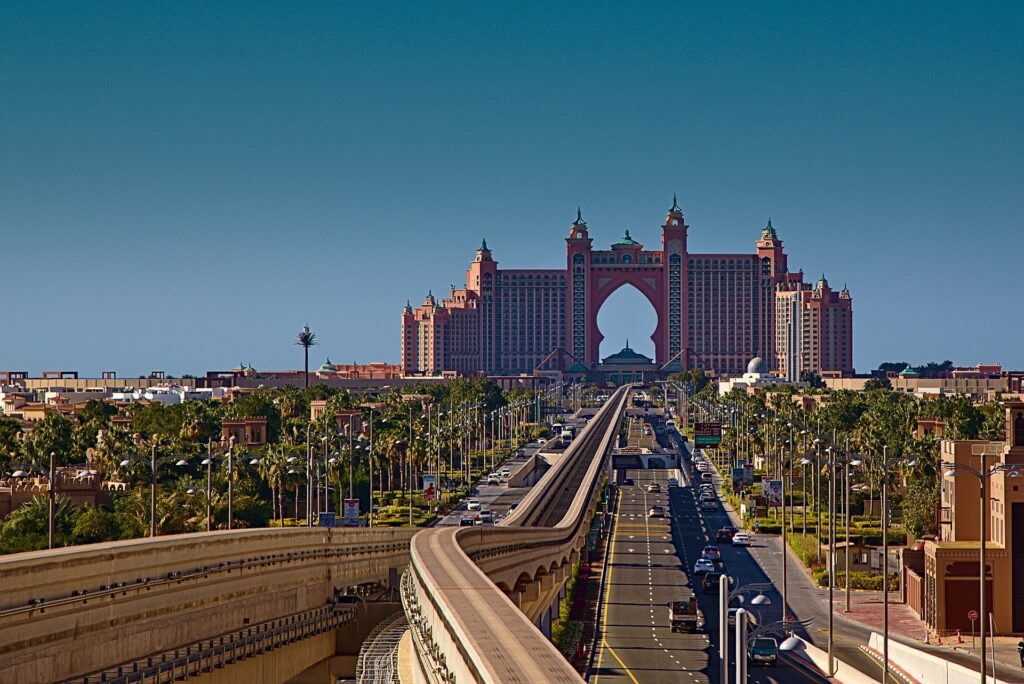Dubai has established itself as a global business hub, attracting entrepreneurs and investors from around the world. One of the primary reasons for its success is the availability of free zones, which offer numerous benefits for businesses. If you’re considering starting a free zone business in Dubai, this guide will provide you with everything you need to know.
What is a Free Zone?
A free zone, also known as a free trade zone, is a designated area within the UAE where businesses are exempt from certain taxes and regulations that apply in the mainland. These zones are designed to attract foreign investment by offering incentives such as 100% foreign ownership, tax exemptions, and simplified business setup processes.
Key Benefits of Free Zones in Dubai
1. 100% Foreign Ownership
One of the most significant advantages of setting up in a Dubai free zone is the ability to own your business entirely. Unlike in the mainland, where a local sponsor is required to hold 51% ownership, free zones allow full foreign ownership.
2. Tax Benefits
Businesses in Dubai free zones enjoy substantial tax benefits, including:
– **No Corporate Tax**: Companies are exempt from corporate tax for a specified period, often up to 50 years, with the possibility of renewal.
– **No Income Tax**: There is no personal income tax, which is beneficial for both business owners and employees.
– **No Import or Export Duties**: Goods can be imported and exported without duties, making it easier to trade internationally.
3. Repatriation of Profits and Capital
Free zone companies can repatriate 100% of their profits and capital. This is a significant advantage for investors looking to move their earnings back to their home country without any restrictions.
4. Simplified Company Formation
The process of setting up a business in a free zone is streamlined and efficient. Most free zones offer dedicated support services to assist with company registration, licensing, and visa processing.
5. World-Class Infrastructure
Dubai’s free zones are equipped with state-of-the-art infrastructure, including modern office spaces, warehousing, and logistics facilities. This makes it easier for businesses to operate efficiently and grow.
6. Strategic Location
Dubai’s strategic geographical location makes it a gateway between the East and West. Its proximity to major markets in Asia, Europe, and Africa provides businesses with excellent access to a wide range of opportunities.
Popular Free Zones in Dubai
Dubai is home to several renowned free zones, each catering to different industries and business needs. Some of the most popular ones include:
1. Dubai Multi Commodities Centre (DMCC)
The DMCC is one of the largest and fastest-growing free zones in Dubai, focusing on commodities trading, financial services, and other sectors. It has been recognized as the “Global Free Zone of the Year” multiple times.
2. Jebel Ali Free Zone (JAFZA)
JAFZA is one of the oldest and most established free zones in Dubai, primarily serving the logistics, manufacturing, and trade sectors. Its proximity to the Jebel Ali Port makes it an ideal choice for companies involved in import and export.
3. Dubai Silicon Oasis (DSO)
DSO is a technology park that caters to tech companies, offering a conducive environment for innovation and development. It provides a comprehensive ecosystem for businesses involved in IT, electronics, and engineering.
4. Dubai International Financial Centre (DIFC)
DIFC is a leading financial hub in the Middle East, Africa, and South Asia (MEASA) region. It caters to financial services companies, providing them with a regulatory environment that meets international standards.
5. Dubai Internet City (DIC)
DIC is the region’s leading technology business community, designed for IT and telecommunication companies. It offers excellent infrastructure and networking opportunities for tech entrepreneurs.
Steps to Set Up a Free Zone Business in Dubai
Setting up a business in a Dubai free zone involves several key steps:
1. Choose the Right Free Zone
The first step is to select the free zone that aligns with your business activities and goals. Consider factors such as the industry focus, location, and available facilities.
2. Determine the Business Activity
Each free zone has its own set of permitted business activities. Ensure that your intended business activity is allowed in your chosen free zone.
3. Select a Company Name
Choose a unique and appropriate name for your company that complies with the naming guidelines of the free zone authority.
4. Prepare the Required Documents
Prepare the necessary documents for the application process, which typically include:
– Passport copies of the shareholders and directors
– Visa copies (if applicable)
– Business plan
– Proof of address
5. Submit the Application
Submit your application along with the required documents to the free zone authority. They will review and approve your application, usually within a few days.
6. Obtain the License
Once your application is approved, you will receive your business license. This license allows you to legally operate your business within the free zone.
7. Open a Corporate Bank Account
Open a corporate bank account to manage your business finances. Most banks in Dubai offer specialized services for free zone companies.
8. Apply for Visas
Depending on your business needs, you can apply for visas for yourself, your employees, and your dependents. The free zone authority will assist with the visa application process.
Conclusion
Starting a free zone business in Dubai offers numerous benefits, including 100% foreign ownership, tax exemptions, and a streamlined setup process. By choosing the right free zone and following the necessary steps, you can establish a successful business in one of the world’s most dynamic and thriving economic environments. Whether you’re a startup or an established company looking to expand, Dubai’s free zones provide the ideal platform for growth and success.

